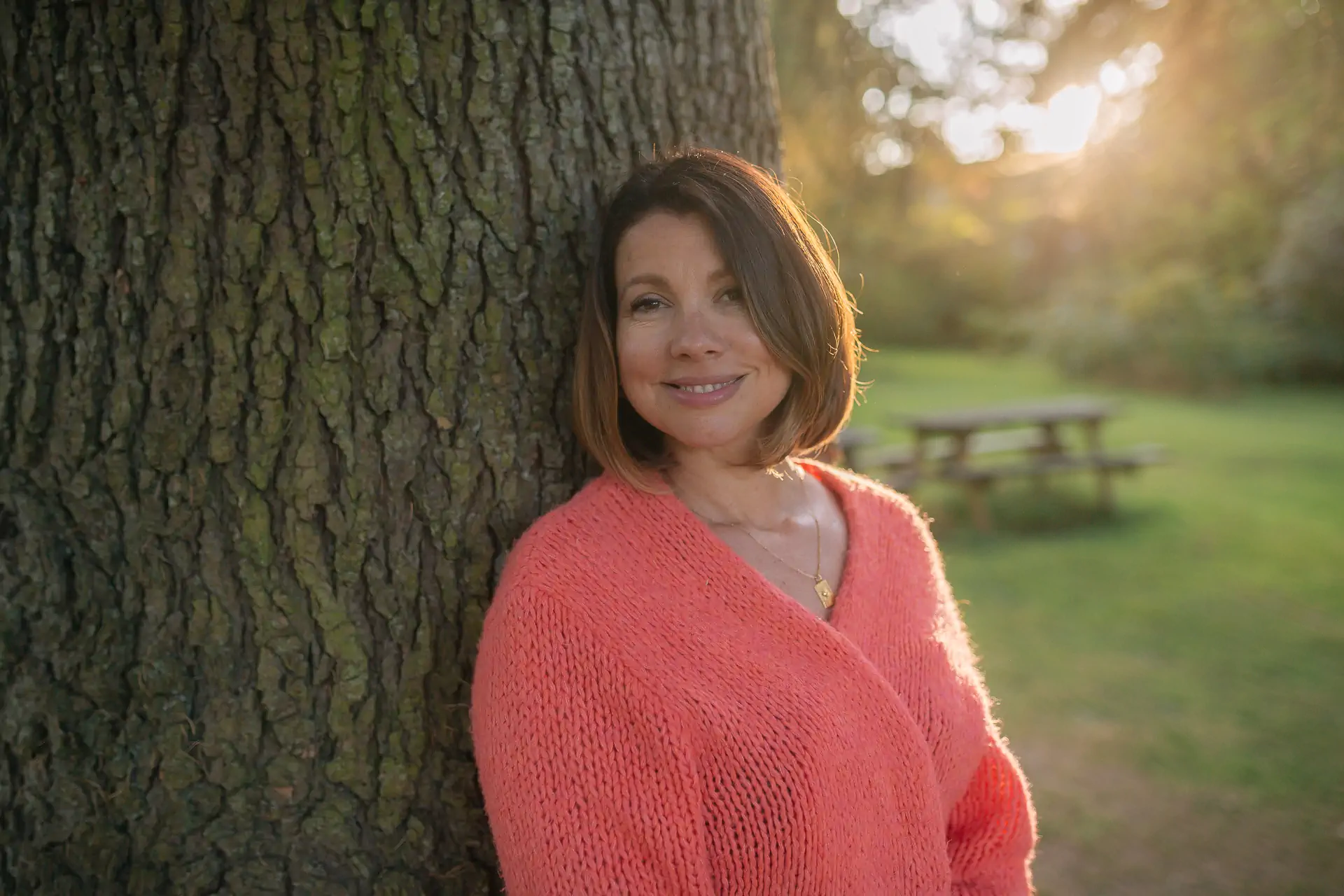My intention is for most of my blogs to be YOU facing, considering how my knowledge and insights can support you, the reader, but I felt my first blog should be about me. Who is this stranger behind Open Space Counselling?! We ask our clients to be open with us in therapy and I feel it is only fair to provide a little more detail about me, the counsellor. It is important that client’s feel comfortable working with their therapist for the work to be effective, so here is …
A brief overview of me
I was born and raised in a working-class family in the North-East of England. My early career and qualifications were in marketing, before moving into teaching and then leadership roles within well-being and mental health charities. I have previously lived in York, Bangkok and London, but I now live with my husband, two teenagers, two cats and one dog in Tunbridge Wells, Kent. I enjoy spending time outside in nature, baking, practicing yoga and love to travel and experience new things whenever I can. I find human beings fascinating and it is hugely fulfilling for me to journey with others to encourage greater understanding and growth. I feel really fortunate to do the work I do.
But should therapists self-disclose?
There are conflicting schools of thought about how much we, as therapists, should disclose to our clients. This can depend on the modality we have been trained in along with our own personalities which I believe can never be extrapolated from our work, try as we may!
Psychodynamic counselling approaches (founded by theorists such as Freud) guide us to act as blank slates for our clients, suggesting that if clients know too much about us, this will sub-consciously prevent them from being truly open in their sessions. This school of thought can lead to images of the stereotypical ‘poker-faced’ counsellor who nods and asks questions amidst excruciating lengths of silence!
Cognitive approaches such as CBT counselling also tend to prescribe to the non-disclosure camp. This approach tends to be shorter in length and dealing with specific challenges, it gets straight to the solutions to address the client’s concerns and cognitive therapists often direct clients to activities and strategies to elicit effective change and growth.
More recent humanistic theorists, such as Mick Cooper encourage counsellors to bring more of their authentic selves into the relationship to work more deeply with clients in a trusting and equitable way. Counselling sessions in this style will still be focused on the client, but with more acknowledgement that two humans working together inevitably means that the counsellor’s own perspective and experiences cannot fail to impact the counselling outcomes.
How I work with clients
I trained as an integrative counsellor, studying each of these theories in depth and I have subsequently applied them in practice with the clients I have worked with. Depending on the challenge presented, the length of time we have together and most importantly, the interests and preferences of the client, I will use each modality of counselling as I feel it is most helpful, often blending a mixture of two or three approaches. So where does that leave the tricky question of self-disclosure?
As a general rule, I rarely talk about myself in counselling, mainly because the time is dedicated to the client. It is their space, it is their time, and my priority and focus are on them. I will only self-disclose information if I feel it is of use to the client in their growth journey, otherwise I feel this can be a distraction.
However, I also appreciate the natural curiosity of human nature, and from my own experience of being the counselling client, there can be a stark inequity of power and rank between counsellor and client; one is expected to be vulnerable, courageous and open with their thoughts, feelings and emotional pain and the other is there to help.
Particularly when working with teenage clients, but often with adults too, I think it can be important to show my human side too. It is important to know that I don’t have all the answers, I am not the expert on you – only you are. It is my job to help you find your own answers.
I have studied psychology, sociology and counselling and practiced as a therapist to develop my skills to support you, but I am still a fragile human, just like you. I am far from infallible; I worry, I fail, I am constantly striving to improve and grow, just like everyone else. This is why I chose to call my business ‘Open Space Counselling’, partly because I offer walk and talk therapy out in nature, but mainly because I am committed to creating a safe space for you to feel comfortable opening up and exploring issues that will aid long-lasting growth.
Some great counselling work can be achieved scratching the surface of challenges we face, but more meaningful, transformational work can also be achieved if we dare to be brave enough to express our true selves. I don’t feel it is fair to ask clients to take risks in counselling if I am not able to be vulnerable too. So, I will answer questions about myself when asked, and I will share how the client impacts me, if I feel this will aid the therapeutic relationship and the development journey the client has chosen to take. If you are looking for a counsellor and you feel this approach could work for you, then get in touch for a free introductory discussion.





